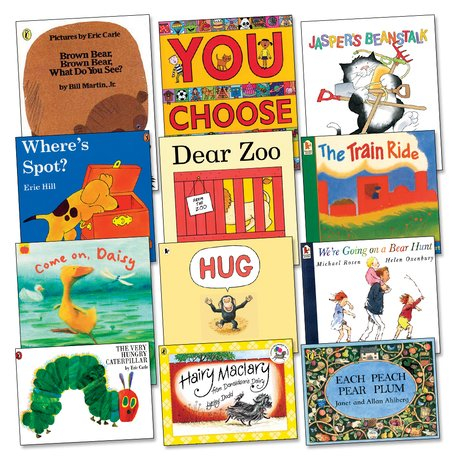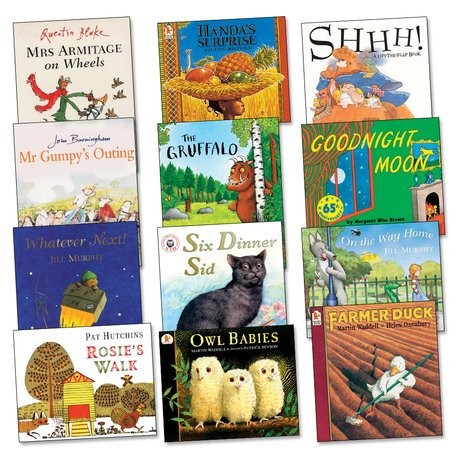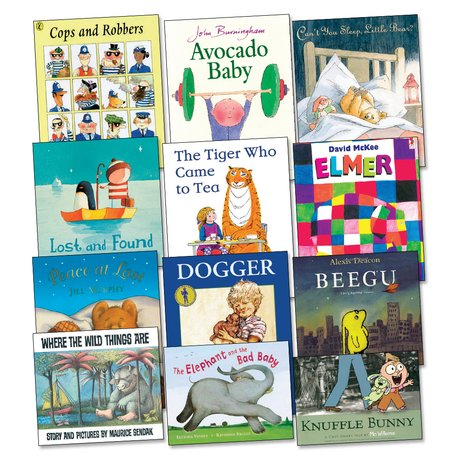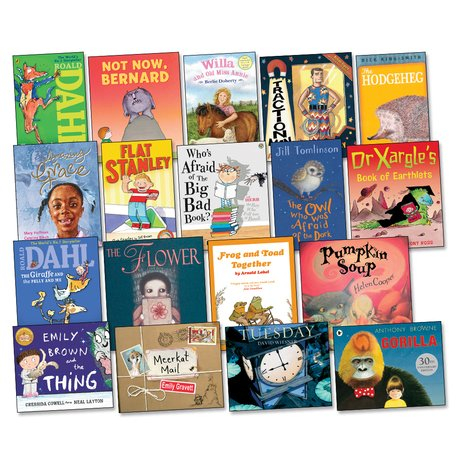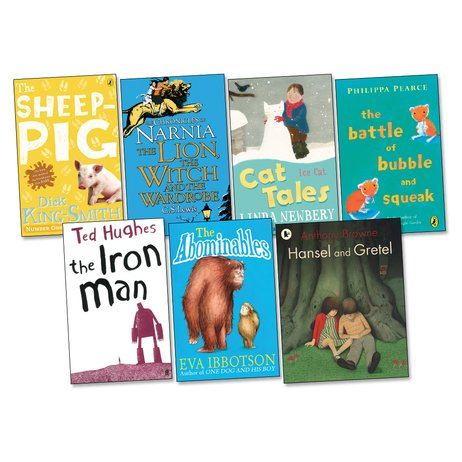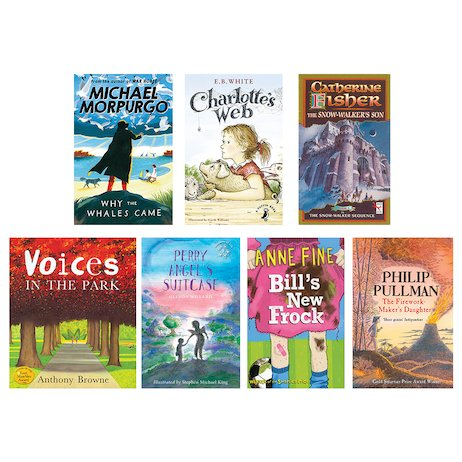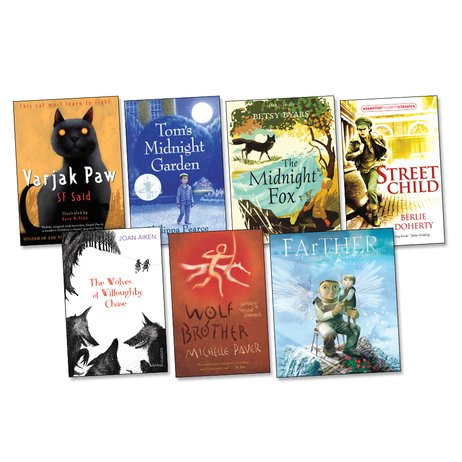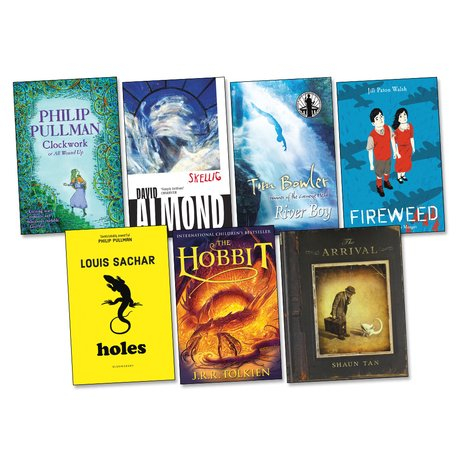Phonics and Reading
‘Dream it, believe it, achieve it’
Phonics
At Manaccan Primary School, we believe that all our children can become fluent readers and writers. This is why we teach reading through Read Write Inc. which is a synthetic phonics programme.
What is Phonics?
Words are made up from small units of sound called phonemes. Phonics teaches children to be able to listen carefully and identify the phonemes that make up each word. This helps children to read words and to spell words using the corresponding graphemes (the written corresponding sound). The children progress onto digraphs and trigraphs: sounds made up of two letters such as -ch, -sh, -th and three letters, such as -igh, -our.
Phonics in Nursery and Key Stage 1
In Nursery, we use phonological awareness games and activities in preparation to ensure all pupils are developing an awareness of sound, through activities that develop focused listening and attention, including oral blending. In the summer term we teach Read Write Inc. to ensure children are well prepared to begin grapheme–phoneme correspondence and blending at the start of Reception. It contributes to the provision for ‘Communication and language’ and ‘Literacy’ (DfE, 2022)1; it will sit alongside a stimulating language-rich provision.
The government are strongly promoting the use of synthetic phonics when teaching early literacy skills to children. Synthetic phonics is simply the ability to convert a letter or letter group into sounds that are then blended together into a word. In Key Stage 1 we follow Ruth Miskin's 'Read Write Inc Phonics' (RWI) programme daily. Using Read Write Inc the children learn to read effortlessly so that they can put all their energy into comprehending what they read. It also allows them to spell effortlessly. so that they can put their energy into composing what they write.
When using RWI to read the children will:
- learn 44 sounds and the corresponding letter/letter groups using simple picture prompts
- learn to read words using Fred Talk
- read lively stories featuring words they have learned to sound out
- show that they comprehend the stories by answering questions
When using RWI to write the children will:
- learn to write the letters/letter groups which represent 44 sounds
- learn to write words by saying the sounds in Fred Talk
- write simple sentences
Children are assessed and grouped according to their ability and they work with a reading teacher on the Read Write Inc programme. The children are continuously assessed by the Read Write Inc lead teachers, to ensure that they move through the programme at a good pace. At the end of each half term children are assessed and then put into new groups according to their phonics knowledge and fluency when reading.
Reading
At Manaccan Primary School we are passionate about reading and children's access to books. We aim to nurture life-long readers, who take pleasure in searching out new books to read, exploring and discovering through literature. Our children’s reading experience is much more than the reading book which comes home from school. Reading is happening all the time in our school. It is taught in specific reading and English lessons, but our children are practising and using their reading constantly across all subjects too. Our children’s reading journey begins with ‘learning to read’ and moves on into ‘reading to learn’. It is almost impossible to overestimate the importance of reading. Without the ability to read, our children cannot access other subjects properly. Reading is empowering and wonderful.
Although your child will be taught to read at school, you can have a huge impact on their reading journey by continuing their practice at home.
Home reading books
Whilst on the Read Write Inc. scheme your child will bring home two books matched to the sounds they have learnt so far. They will keep these books for a week and we encourage you to enjoy the books at home as a way of practising their reading skills.
The children will also have a book they have chosen themselves from either the school library. Please remember that you shouldn’t expect your child to read this alone. Read it to or with them. Discuss the pictures, enjoy the story, predict what might happen next, use different voices for the characters, explore the facts in a non-fiction book. The main thing is that you have fun!
VIPERS in key stage 2
Key stage 2 classes have regular VIPERS sessions throughout the week. VIPERS is an acronym to aid the recall of the 6 reading domains as part of the UK’s reading curriculum. They are the key areas which we feel children need to know and understand in order to improve their comprehension of texts.
V – vocabulary
I – infer
P – predict
E – explain
R – retrieve
S – summarise
The Pie Corbett Reading Spine
We want our school to be a place where children are read to, enjoy, discuss and work with high quality books.
Pie Corbett says…
Great books build the imagination. The more we read aloud expressively, and the more children are able to savour, discuss and reinterpret literature through the arts, the more memorable the characters, places and events become, building an inner world. A child who is read to will have an inner kingdom of unicorns, talking spiders and a knife that cuts into other worlds. The mind is like a ‘tardis’; it may seem small but inside there are many mansions. Each great book develops the imagination and equips the reader with language.
Great stories speak to us as individuals and some children will return to certain books again and again. Great stories also build our language because around 75 per cent of our vocabulary comes from our reading. Reading develops the ability to think in the abstract; to follow lines of thought. Schools that have a reading spine, build a common bank of stories that bind the community together. These are shared and deeply imagined common experiences.
Here are the spines for each age group, along with Pie Corbett's rationale behind the book choices.

